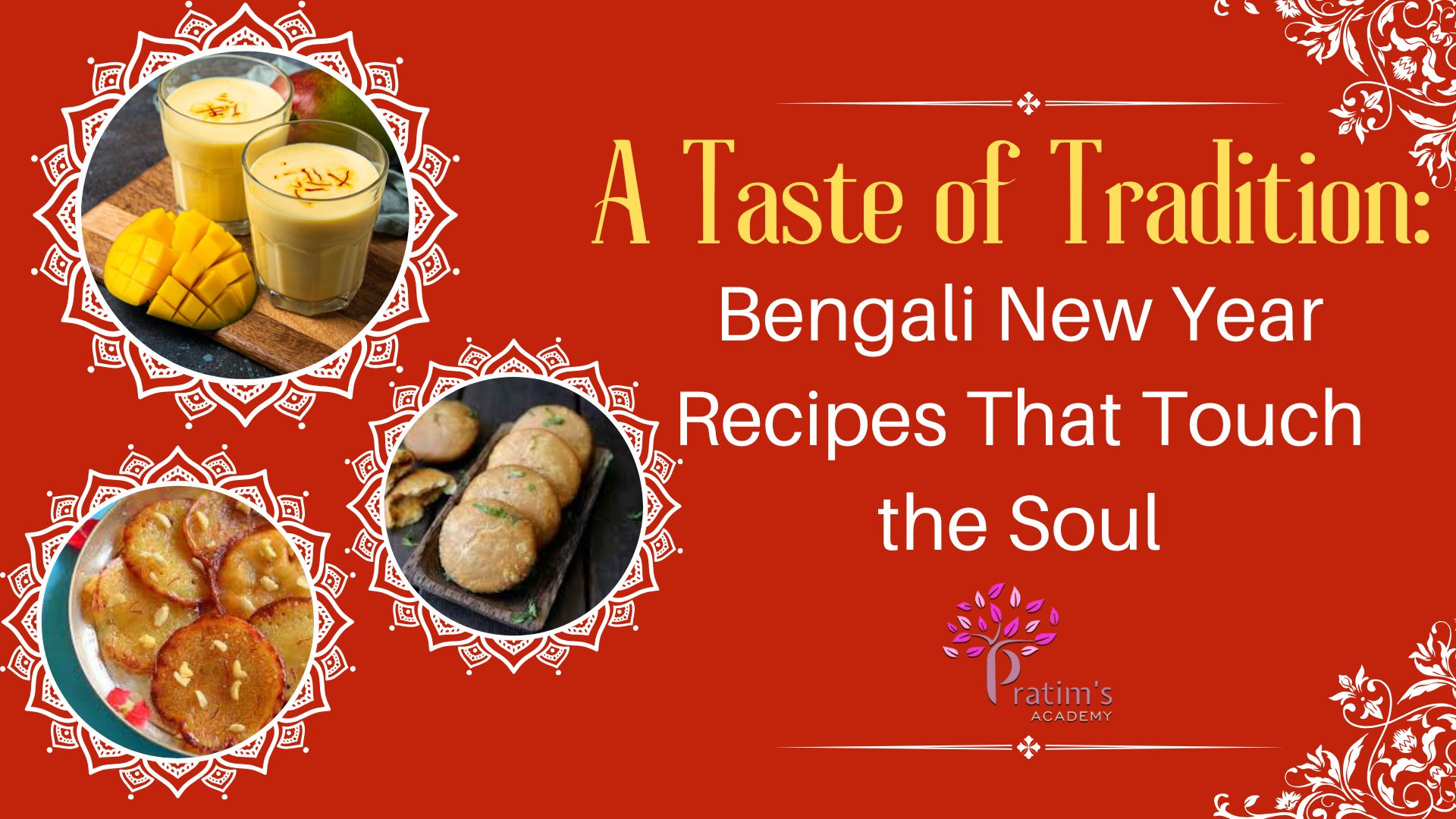
- 609
- 0
A Taste of Tradition: Bengali New Year Recipes That Touch the Soul
Poila Boishakh is when every Bengali’s heart beats a little louder, when the air smells of mango blossoms, and memories feel as fresh as the first rains.
It’s more than just a date on the calendar — it’s a feeling. A feeling of coming home, of sitting around a table where laughter mingles with the aroma of something cooking on the stove, and where generations share not just meals, but moments.
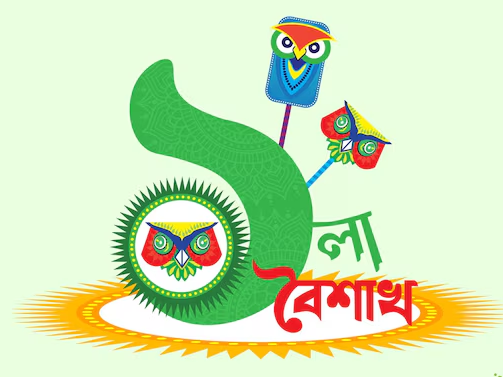
In every household, the kitchen comes alive — not just with spices and ingredients but with love. The soft hum of a mother stirring curd into raw mango pulp, the crisp sound of kachoris sizzling in hot oil, or the sweet scent of malpua dancing in the air are the melodies of a Bengali New Year.
This year, let us celebrate Bengali New Year Noboborsho not just with rituals but with recipes that stir the soul.
These dishes are not just food.
They are love letters from the past, written in flavors and served warm.
Raw Mango Lassi
Ingredients:
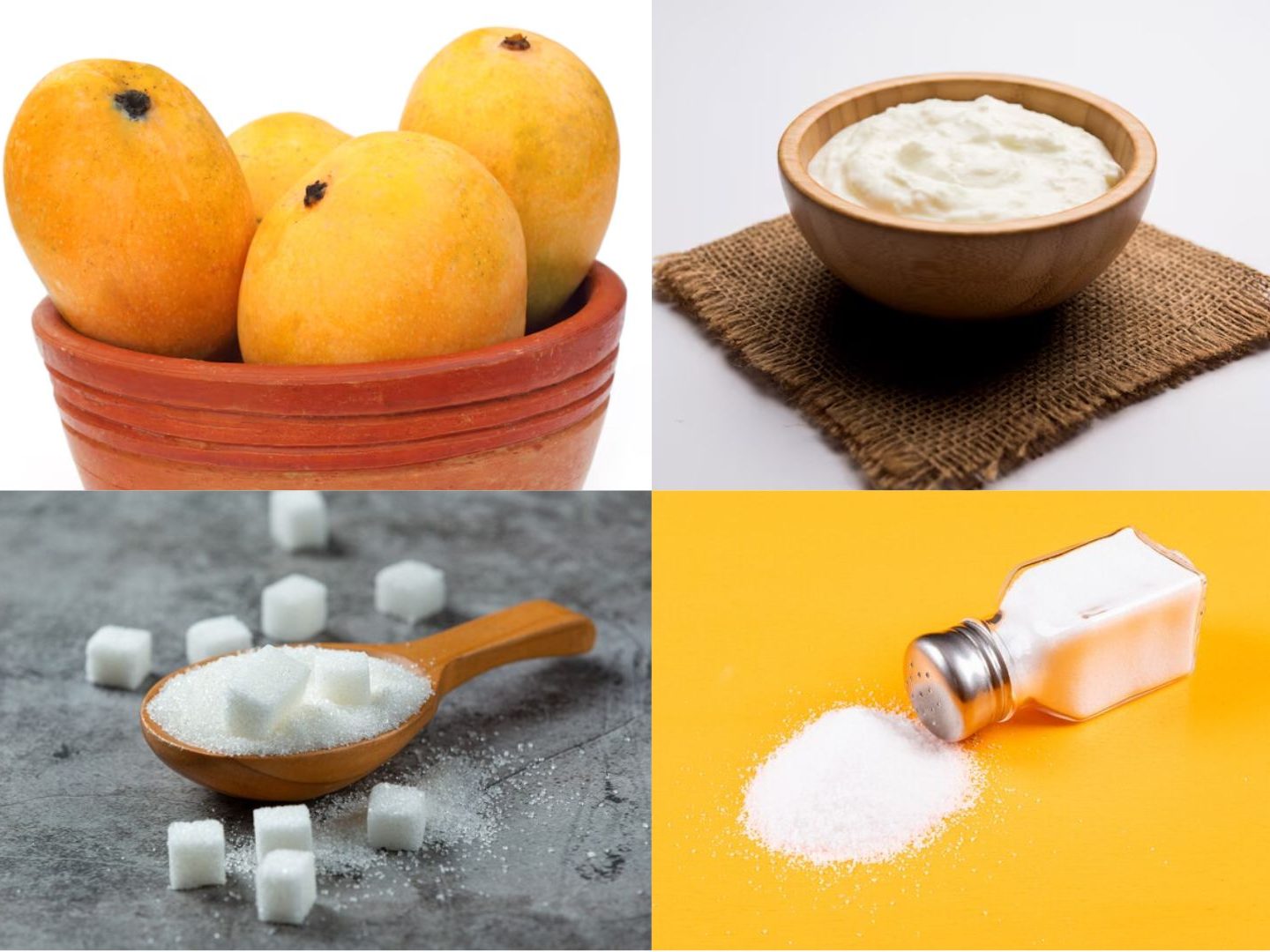
- Raw mango pulp (30gm)
- Curd (100gm)
- Salt (Pinch)
- Sugar (1 tsf)
Procedure:
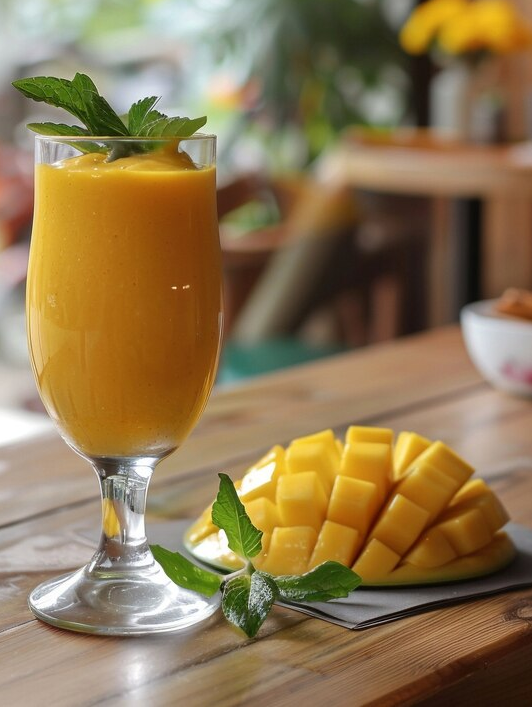
- Take a raw mango, cut it into small pieces, remove the seeds, and extract the pulp.
- Now, take a bowl and add curd to it. Mix in a pinch of salt and 1 tsp of sugar. Blend everything well to get a smooth mixture.
- Now, add the mango pulp to the mixture and mix well to combine.
- Now, gradually add water to the mixture, stirring continuously, and ensure it doesn’t become too thin.
- Your Mango Lassi is now ready to serve! Pour it into glasses and add 1-2 ice chips to chill and enjoy.
Vegetable-Stuffed Kachori
Ingredients:

- Maida (30gm)
- Oil (30ml for deep fry)
- Salt (Pinch)
- Leached Carrot (10gm)
- Beet roots (10gm)
- Onion (15gm)
- Ginger (3gm)
- Green chili (1 pc)
- Cumin powder (Pinch)
- Coriander powder (Pinch)
- Turmeric powder (pinch)
- Hing (Pinch)
Procedure:

- Take a bowl and add flour to it. Mix in 1/2 teaspoon of oil and ghee, then gradually add water to form a dough.
- Let the dough rest for about 30 minutes.
- Now, heat oil in a pan and saute onions until they turn golden brown. Then, add chopped carrots, chopped beetroot, and chopped green chilies, and cook for a few minutes.
- Now, add ginger paste, a pinch of cumin powder, coriander powder, salt, and turmeric powder to the mixture. Mix well and cook until the flavors are well combined.
- Once the mixture cools down, grind it into a paste using a mixer grinder.
- Now, heat oil and add asafoetida (hing) to it. Mix the paste well and cook until it reaches a thick texture. Once it thickens, remove it from heat and let it cool.
- Now, take small portions of the flour dough and shape them into small balls or lechis.
- Take each dough ball and shape it into a bowl-like shape, pour the vegetable mixture on it.
- Now, shape it into a kachori and deep-fry it in oil until golden brown.
Malpua
Ingredients:

- Maida
- Suji
- Milk
- Salt
- Sugar
Procedure:
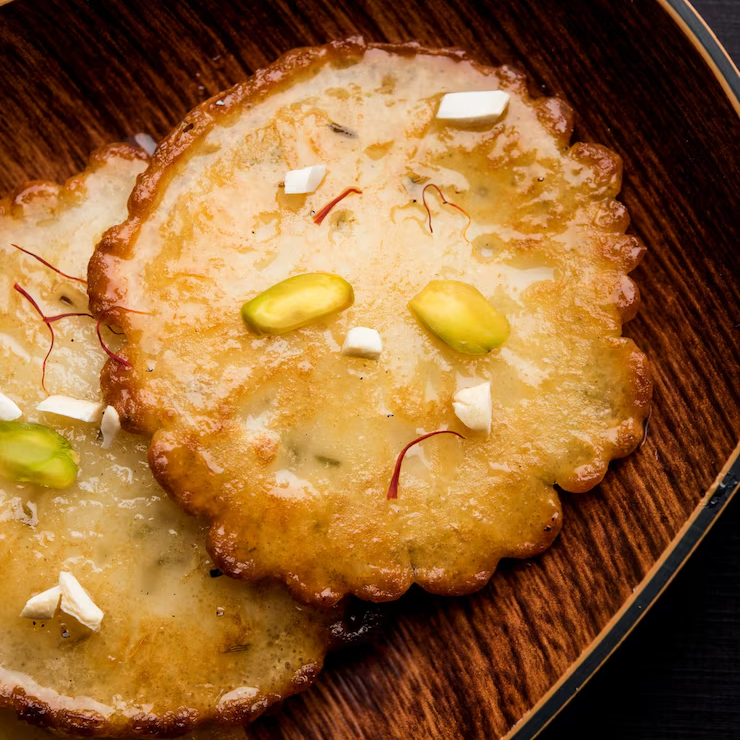
- Take a bowl and mix together 1 cup of refined flour and 1/2 cup of semolina (suji) in it.
- Now, add sugar and milk to it gradually, and mix well to form a medium-thick batter.
- Now, add a pinch of salt and mix well.
- Now, heat oil in a wok. Once the oil is hot, use a spoon to drop small portions of the batter and fry until they turn red/golden brown.
For more information, feel free to contact our diet team
Food has a magical way of bringing people together. And on Poila Boishakh, that magic feels stronger — it connects generations, revives old traditions, and creates new memories.
So, this Bengali New Year, let your kitchen tell stories. Let your table be filled not just with food, but with laughter, love, and legacy.
Here’s wishing you a Bengali New Year that’s as rich as the Malpua, as vibrant as the Kachori, and as refreshing as the Raw Mango Lassi.
শুভ নববর্ষ 🙏🏿
Comment
Check Your EGFR
***We Promise, no spam!






